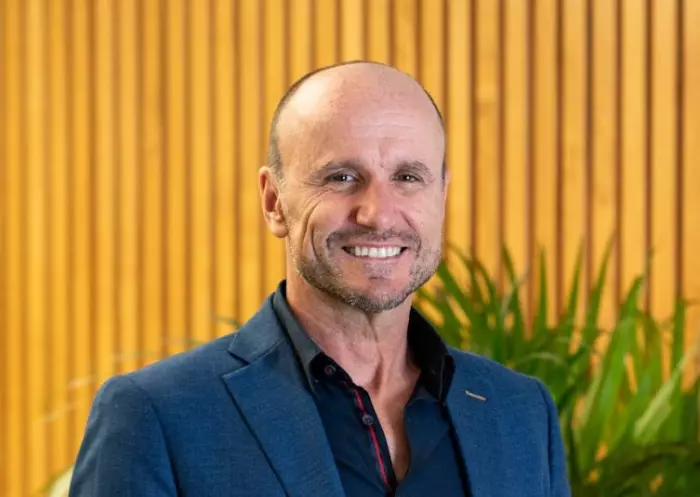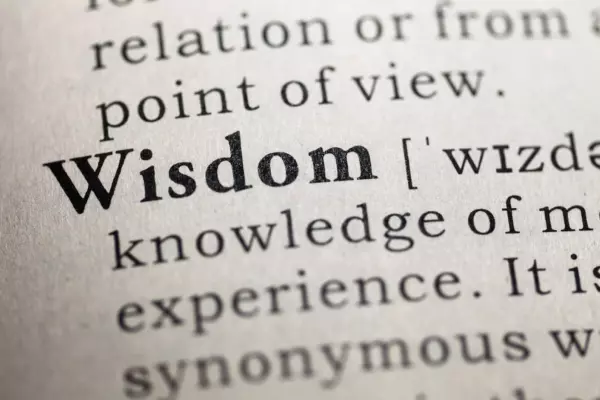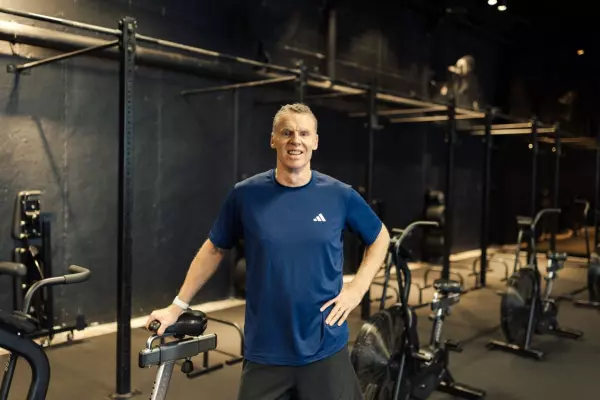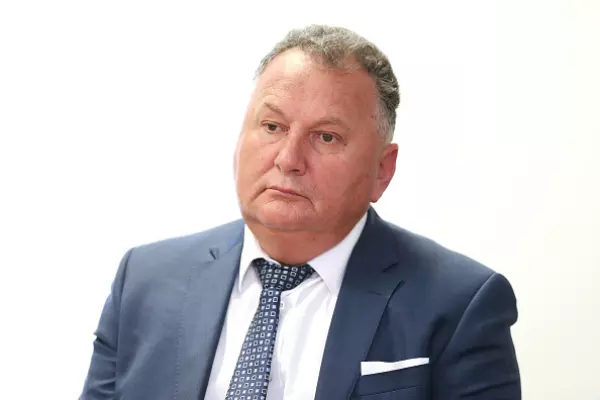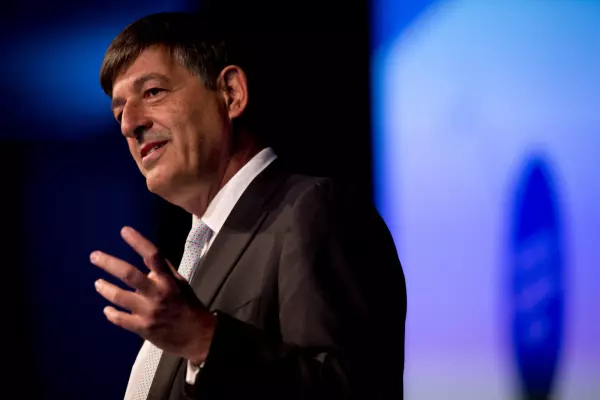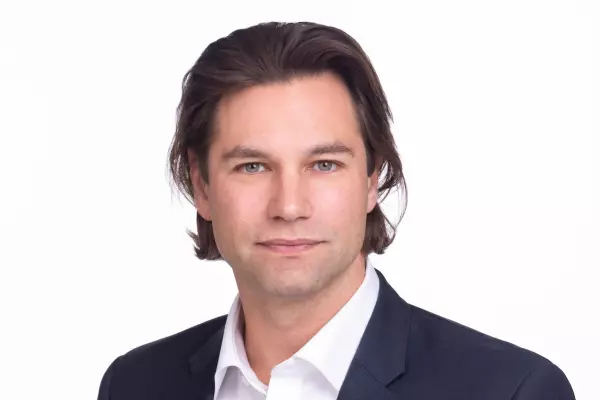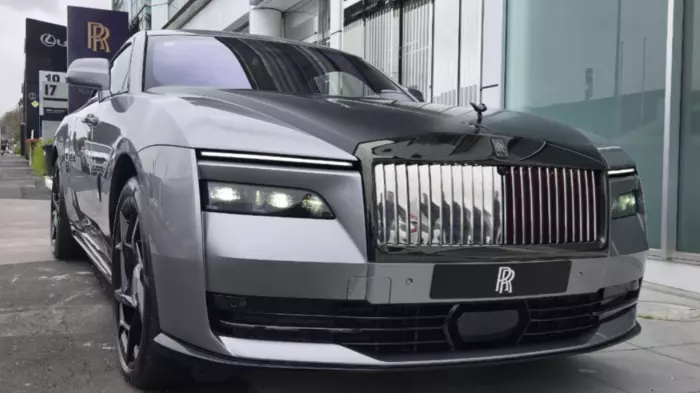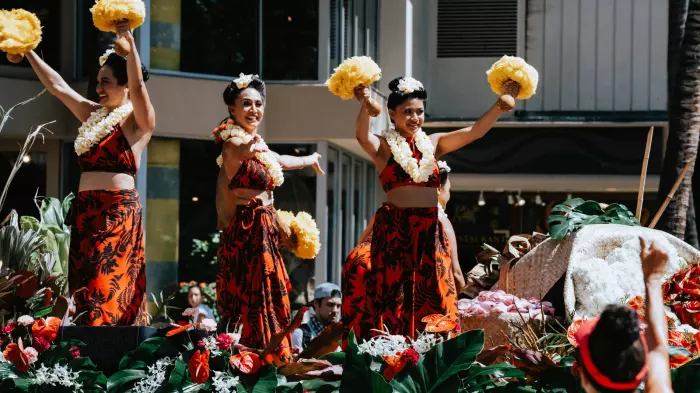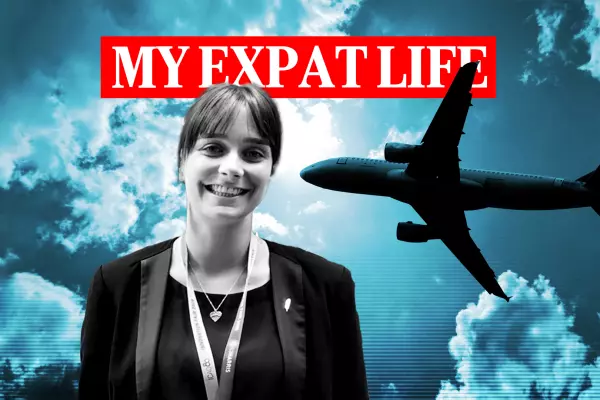Kent Chaplin has been chief executive of Delta since last October. Previously a lawyer, he jumped into the insurance sector while undertaking his OE in his twenties and has never looked back. Although he grew up in Auckland, he spent most of his working life overseas before returning home when the pandemic hit. He's settled back in Auckland with his wife and four children and enjoys most sports – especially endurance ones. Possum hunting is no longer on the list, though.
When I was five and growing up on a small farm, I wanted to be a possum hunter. We had a lot of possums and they were pests – they just ate everything. My dad really encouraged me to tackle the problem, and it was quite brutal. I would catch all these possums and take them to meet their maker. And that gave me the idea I could make a fortune from catching possums and selling the skins.
Ironically, I talked to my mother last night and she reminded me of my possum-hunting days. I forgot I used to take possums to school. I also used to hang the skins on my bedroom wall; Mum would get furious because all the wallpaper would peel off.
I was born in Hamilton. My dad was a sharemilker and we lived basically in a shed at the back of the farm. When I was about four, my parents bought a ten-acre lifestyle block in West Auckland. That's where I got to know about possums and all the other fun things.
I’m one of four siblings. I had two older brothers and a younger sister. I have four kids of my own and they’ve followed the same pattern as my siblings and me: three boys and one girl.
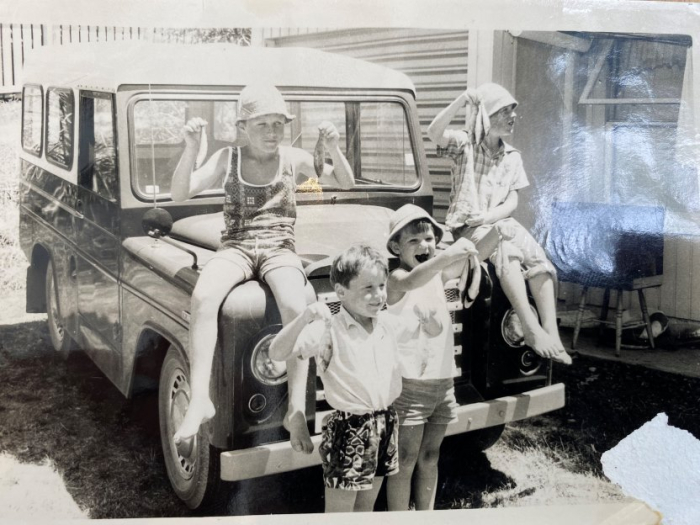
Kent Chaplin (front left) with his brothers Andrew (rear left) and Simon (far right) and family friend John. (Image: Supplied)
Because my father – who worked as a cabinet maker as well as a sharemilker – worked all hours of the day and night, my mother technically raised us all, with help from my maternal grandmother. That strong matriarchal influence had a big impact on me.
School was pretty forgettable, to be honest. I didn't enjoy it. I was a very ordinary kid – not a top student, but not a bottom one, either. I think I was a late developer. Going to the University of Auckland was a game-changer. I studied for law and arts degrees. I grew up, and I matured. I was surrounded by new people – some of who became my best friends.
After uni, I worked here in Auckland as a lawyer at Phillips Fox – before it became DLA Piper. I was very lucky to have landed at that firm: great leadership, and technical expertise, and the partner I worked for was British, which gave me the desire to practise law in London.
After three years at Phillips Fox, I bought a ticket to London – a pretty well-trodden path for a lot of Kiwis.
Did I know I would end up staying overseas for 24 years? Well, I had a one-way ticket, which may have been my subconscious telling me it wasn't going to be a 12-month trip. And I did quite literally sell everything I owned – from my car to my surfboard – apart from my records, which I gave to my brother, and a surfboard, which I gave to my mum.
I had such a good time getting to London and pretty much walked into a job at one of the large Magic Circle law firms when I got there.
I thought I might be in London for a maximum of two years, but before I knew it I'd been there for 15 years. Of those 15, I was a lawyer for only two. I then decided I didn't want to be a lawyer any more and joined a large global broker as their claims director.
Once I got into insurance and out of law, I never went back. The insurance industry is just all-consuming; it's very addictive. I did a huge amount of travelling during that time and also met my wife and had my four children.
In 2011, I moved to Singapore to become CEO of Lloyds Asia Pacific operations and spent nine years based there. In that job, I also got to start reintroducing myself back to the New Zealand market. I was very lucky – again – to have both those opportunities.
I used to visit NZ probably every couple of years while living in London. It wasn't that easy. I'd come back for holidays, and it was always summer sunshine, beaches, barbecues and being with family. So I stayed connected but very distant.
When I was in Asia, I came back more regularly because it was closer. And also, I had to come back for work. So I started to rebuild my connections, although I never really lost them.
My family and I came back in March 2020, when the covid pandemic was really starting to hit its peak.
I think it was harder for me than for my family because I grew up here and had been away for so long. I thought it was going to be the other way around. Even though they’re all British, they immediately threw their shoes away, and the kids got into great schools. It was amazing that they were able to fit in so quickly.
Coming home has also meant regrounding who you are as a person. I think you can be tempted when you're abroad – because you are a little bit anonymous – to not be as authentic. But in NZ, everyone is authentically personified.
I’ve come to realise that when we first arrived, I was looking at NZ through my childhood eyes and it didn’t feel like the country I’d left. But NZ is still the same exceptional country – it was me who had changed, and I just hadn't realised how significantly.
Ironically, I’m into extreme sports but I'm not a team-sports person. I’m drawn to sports where you really rely on your own judgment, fitness and technical capability. Maybe that speaks to me and my career a little bit. Or maybe it means I'm a control freak – I hope not. I just like trusting myself. I really enjoy outdoor sports a lot – like mountain biking and surfing and snowboarding.
Completing Ironman NZ at Lake Taupō in March 2017 is my proudest achievement. I ran to raise money for the VHL Alliance, to help support people with von Hippel Lindau disease (VHL), which took the life of my father, Alan, in 1989 and brother Andrew in 2007.
Reconnecting with my childhood and university friends and with my family is probably the best thing about having moved back. And my brother returning my records, of course. It took time; when you've got your fingers around vinyl, it's not so easy to let go. But I've got most of my collection back.
As told to Ella Somers.
My Net Worth interviews may be edited for clarity.


